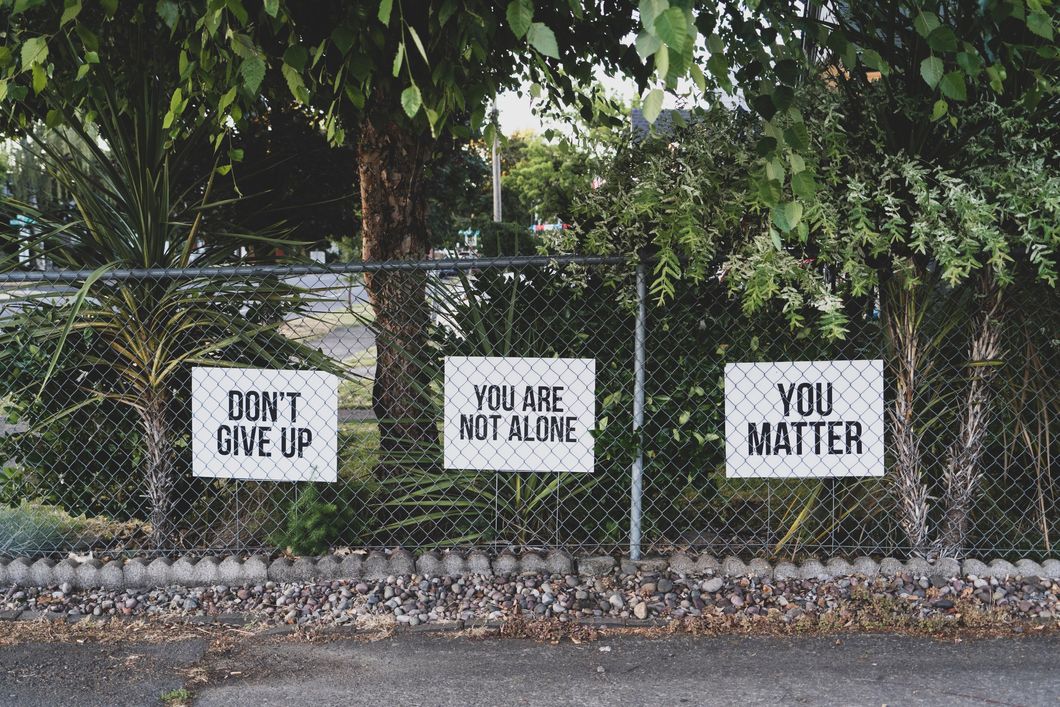Mental health can be something that many people still see a stigma around, but there is no reason for us to be scared or ashamed of talking about our mental health. Mental illnesses affect many people throughout the world and many don't seek treatment. When I went to college, I began to seek mental health resources and for me, it was all worth it. Here is how you can take charge of your own mental health!
First, find the right person to help you. If you attend a college or university, most have mental health services available to students. Or, ask your primary care physician for recommendations for a psychologist or psychiatrist who can be of benefit to you. If the first person you talk to may not be a good fit, keep looking! There is someone out there who can help. When you meet with a mental health professional, let them know what you want out of your visits. Ask questions about your treatment, if you have them. At your first appointment you may be asked to go over your and your family's medical history, so be sure to have this information handy. You will also probably be asked to fill out a mental health questionnaire.
Next, stick with your treatment plan. It can be exhausting to stay up on taking medicine or doing other activities recommended by your physician, but doing what they recommend will improve your mental wellbeing. If you find that your treatment plan isn't working, talk to someone about it. Your plan can be changed to fit your needs! Your treatment plan may consist of individual therapy, group sessions, journaling, lifestyle adaptations, or medications.
Practicing self-care can also be important in working on your mental health. Treat yourself with kindness and don't put too much pressure on yourself. Take care of yourself physically by eating healthily, exercising, creating a routine, avoid alcohol and tobacco, and try to get enough sleep. I know these things can be tough, but they will be worth it.
Surround yourself with people who have a positive impact on your life. People who have a negative impact on your life will only put a damper on your mental health. Seek support from your friends and family members and lean on them when you need to. Reaching out to those close to you and letting them know you need support. Find clubs or groups around you where you can find similar people and lean on them as well.
Lastly, advocate for yourself and don't be ashamed to be the advocate that you need. Ask your mental health provider questions, any you may have. Writing these things down can help ensure you don't forget to discuss them. Emphasize that what you are feeling is an issue in your life and that you need help solving it. Know what you need and know when to ask for help.
I know reaching out for help can be hard, it was for me, but it is the first step to taking back your mental health. Below are some mental health resources that may be of help to you. Remember, you are not alone.
The Trevor Project LGBTQ+ Mental Health Resource

















